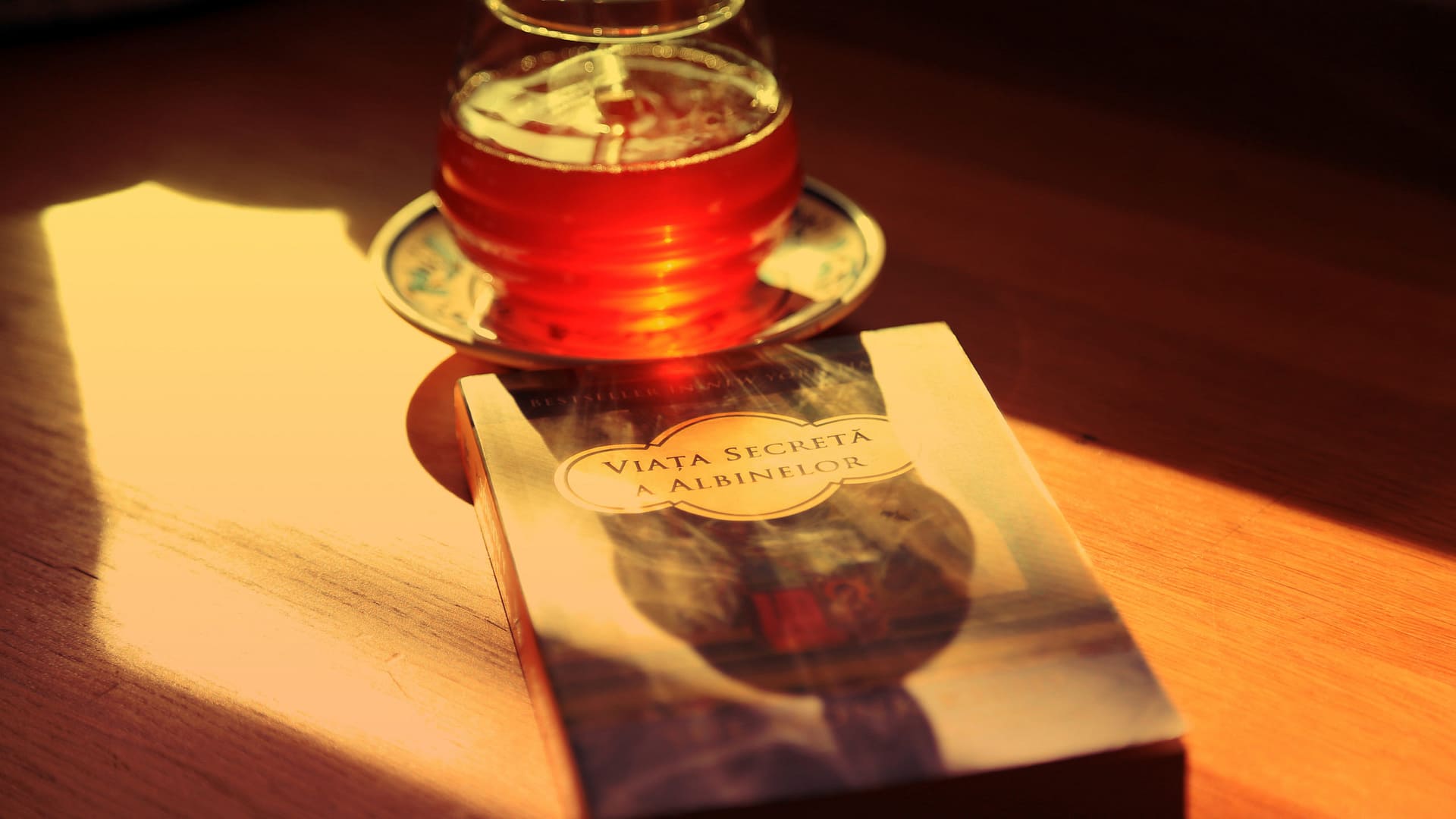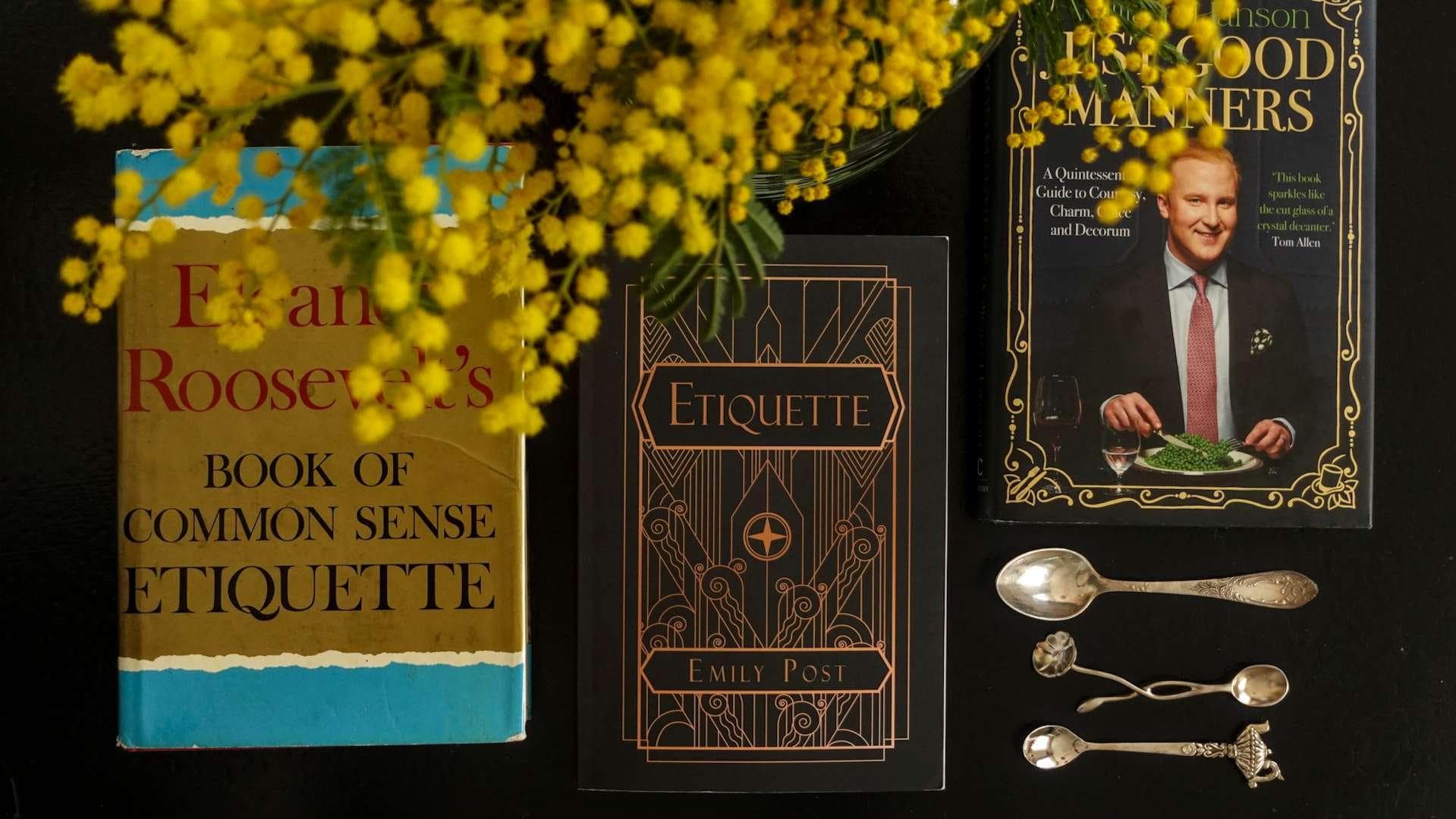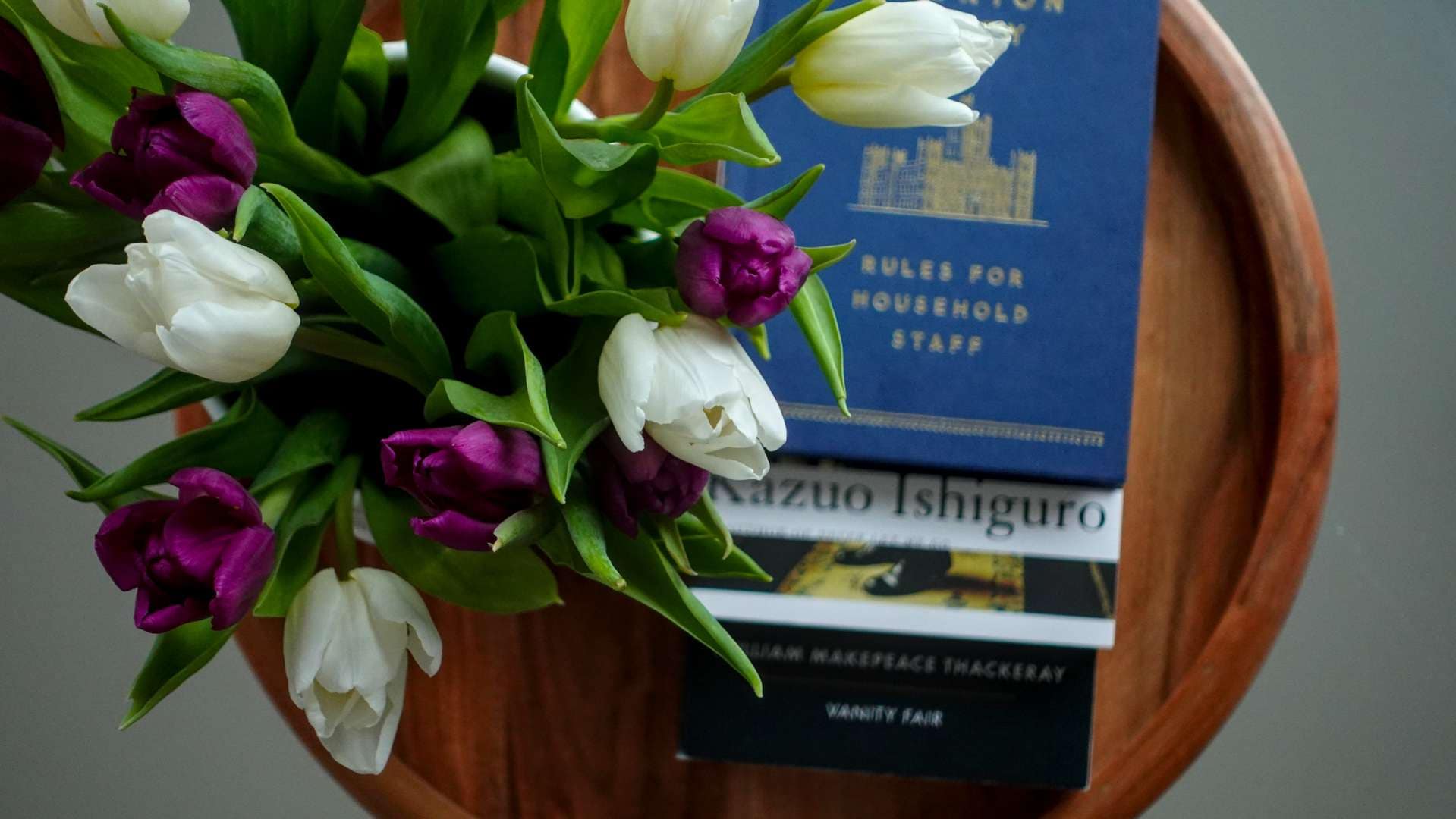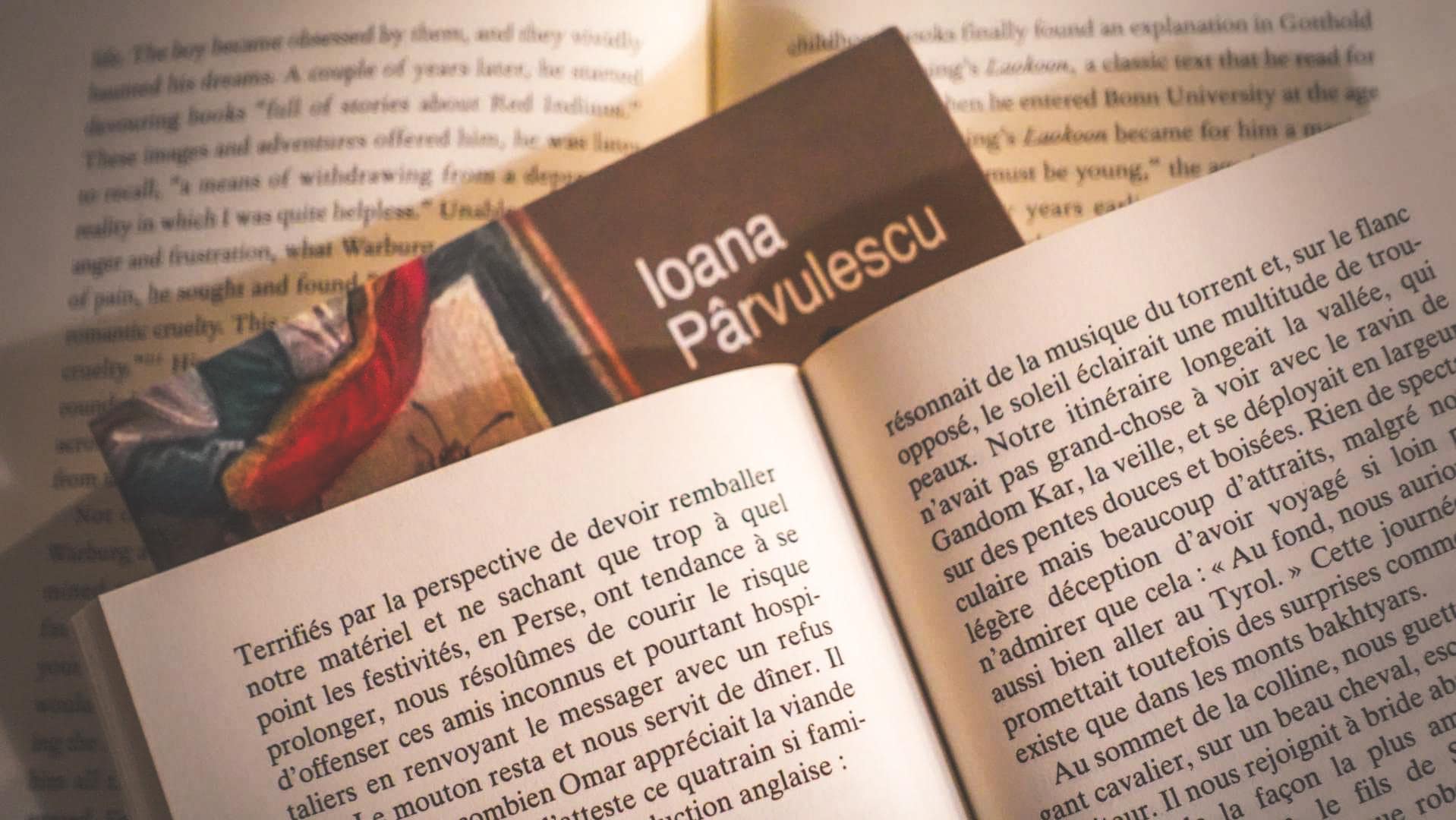I think I was about 10 or 11 when I first heard of the American South and its complicated history. I was presented with Harriet Beecher Stowe’s Uncle Tom’s Cabin, and frankly I don’t know if I understood a gread deal about it back then, but I remember feeling a great deal of affection towards the characters. With time, and school, and asking questions, I got the big picture of the situation, but I was living in such a far away place from that, both physically and mentally, that it almoast seemed just a terrible story. Fast forward about two decades later, I got a hold of Sue Monk Kidd’s bestselling novel, The Secret Life of Bees. And suddenly, between my new perspective and her personal view of the South, I discovered something completely different. Join me in 1964 South Carolina…
The story in one phrase : After losing her mother at a young age, Lily runs away from her father and discovers a different kind of family in the Boatwright sisters’ home, beekeepers and worshipers of a Black Madonna, three remarkable women that manage to live with grace in a world that does not welcome them.
How does it make me feel : In the beginning, sad and revolted, but as I turn the pages, I am transformed by the kindness and strength of August Boatwright, so by the time I finish the last page, I am reconnected with a sense of hope.
Top 3 details
Number one : Generalization is an unjust tricky business. It would have been terribly wrong to refuse shelter to young Lily, only because she was white, representing the opressor in the eyes of the Boatwright sisters. Personal experience has tought us that no two people are identical. History has tough us that by treating a comunity based on race, religion or sexual orientation, in bulk, we are commiting irreparable injustices for individuals. Sue Monk Kidd’s novel reminds us that humanity is the only generalization possible. Other than that, we are individuals, and must be treated as such.
Number two : Learning the lessons of our history. Until recently, I thought this to be a truism. Something so basic, it needn’t be reminded. Yet, news headlines in the past few years, have shown how little we remember of our mistakes, how quick we change our views given the right incentive, and how vulnerable we are to manipulation. So let’s get back to facts, and teach our children how to think for themselves. Was that the right thing to do ? Would you have done the same ? How would you like it if it was done to you ? Simple, basic questions, that make us reflect.
Number three : Kindness. Passing through life, we cannot avoid getting hurt, even when living privileged, sheltered lives. The biggest risk, and the most often mistake, is to respond in the same manner. That way, it is not only the vibration of one person that is low, but also that of all the others he hurts, when they choose to make their tormentor hurt back. So choose kindness, choose to walk away from people or situations that make you suffer, and find others deserving of your kindness and light. It is the only way to chase away the darkness.
My favourite character : The strong figure of August Boatwright is a key element for my perception of the novel. Like many older siblings, she assumes the mother-figure for her younger sisters, but in this case, without crushing their own personality. She offers a setting of stability in a violently segregated world, it is as if in the Boatwright household, there was no racism or struggles. And by opening her home to a young white girl, clearly in need of finding her balance, August proves once again that her strength comes from giving, that her joy only gets bigger by spreading it around.
Yin/Yang : A story of mothers and daughters, of feminine force and questioning, a novel to give you hope when it feels like nothing can make things better. A Yin novel if ever there was one.
Favourite Quote : Nobody around here had ever seen a lady beekeeper till her. She liked to tell everybody that women made the best beekeepers, ’cause they have a special ability built into them to love creatures that sting. It comes from years of loving children and husbands.
Life Lesson : I am neither a black woman, nor a young girl in need of a mother, not living in the 60’s. And yet, the book speaks to me today, as if it was written especially for me. I guess that’s what you call Universal truths. And if I had to choose one life lesson from it, true independence seems to be it. There are two phrases in the conversations that August and Lily have, that are not only essential for any woman, but quite visionary for the time. When talking about a man she used to see : “I loved him enough,” she said. “I just loved my freedom more.” And when discussing the absence of her mother : “You have to find a mother inside yourself. We all do.” The idea that you can share life experiences, but no one person, not a mother, nor a husband, should be indispensable in order to find joy, is a life lesson I find empowering.
Why you should read it : If a white woman chooses to write the story of a white girl that finds mother figures in four black women, that bestow their love and blessings, as if their skin were just the same, than maybe we can all see each other as humans, no matter the colour of our shells. So read The secret life of bees, in order to regain some confidence in our humanity.
It’s been a pleasure to speak to you about a novel I cherish for many reasons, but mostly for opening my eyes to something far away, yet that affects me just like the butterfly effect. In the next episode, we’ll get connected to the nurturing and joyful energy of August Boatwright, as we enjoy some special rituals inspired by the book.
Until then, enjoy your reading !
If you would like to support The Ritual of Reading, please consider purchasing your books from the Bookshop.org dedicated site by clicking the link below. You get to support local bookstores and I make a small commission with every purchase. Thank you !





